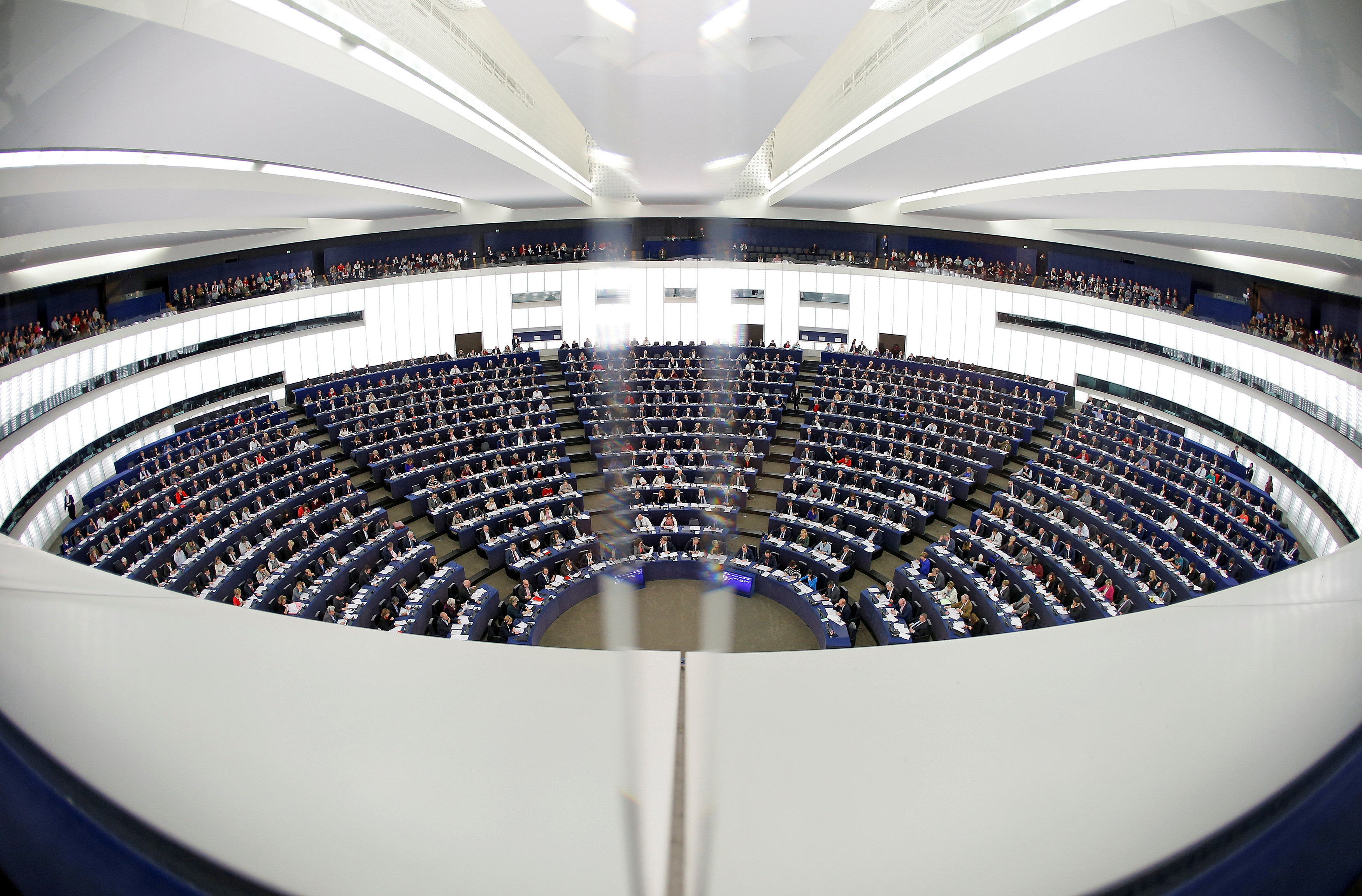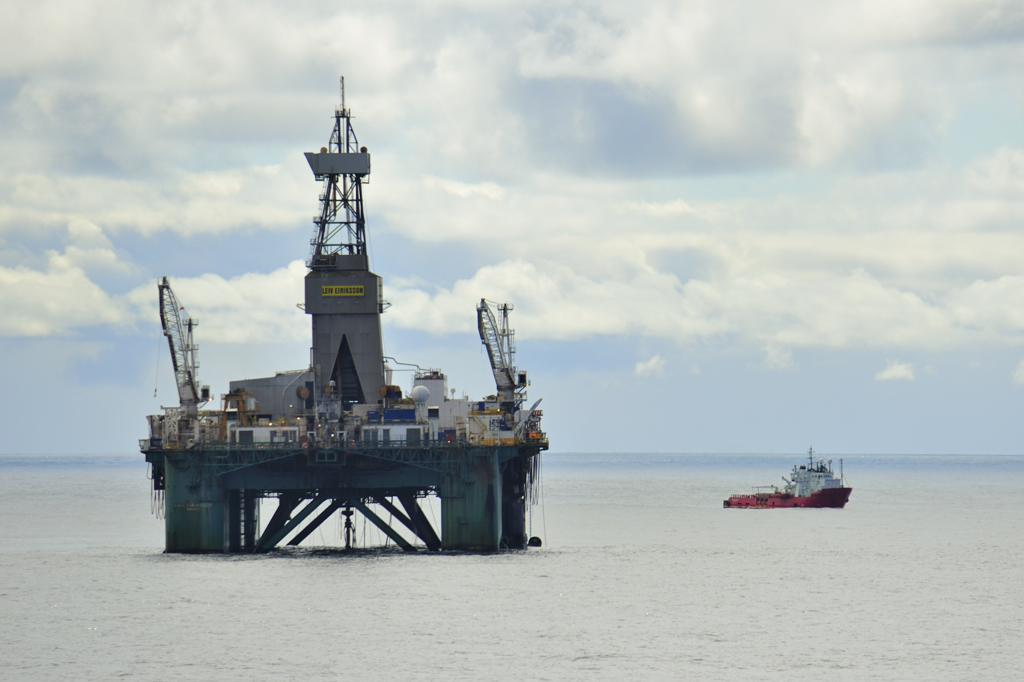Norwegian lawmaker says prospect of EU Arctic drilling ban is ‘alarming’

The European Parliament may introduce a ban on oil and gas exploration in the Arctic next month, a prospect one Norwegian lawmaker said was “alarming.”
The proposal for a total ban on oil and gas exploration in Arctic areas was submitted during the ongoing revision of the EU’s Arctic Strategy, and could be taken up by the European Union’s legislative body next month.
“These proposals, which are quite alarming for Norway, have been submitted towards the very end of the process and came as a surprise to most,” Eirik Sivertsen told High North News. Sivertsen is Member of the Norwegian Parliament for the Labor party and leads the body’s delegation for Arctic parliamentary cooperation.
The proposed changes passed two parliamentary committees in the EU Parliament in the end of January this year and will probably be discussed in a plenary session on March 13.
“Our argument when meeting all EU politicians in this context has been that it is the Law of the Sea, a UN Convention, that regulates the various states’ rights on their own continental shelf,” he says. “We do, of course, see it as a problem if the EU tries to decide on Norwegian economic interests, even though we do agree that all activities – including those in Arctic waters – must follow the strictest security requirements and standards.”
In a letter sent to a number of Members of the European Parliament who work on High North issues, Sivertsen addressed problematic aspects of the proposals that are on the table, and asked MEPs to remove several points, including a call to ban fossil fuel subsidies.
Sivertsen also stresses that the proposals do not define what the Arctic actually is. Instead it “calls a ban on oil drilling in the icy Arctic waters of the EU and the EEA (European Economic Agreement)and for promotion by the EU of comparable precautionary standards in the Arctic Council and for Arctic coastal states.”
“It is unclear, or not defined, what the document in question refers to when using the term ‘Arctic,’” says Sivertsen. “If it refers to everything north of the Arctic Circle, well, then Norway has conducted oil and gas activities in the Arctic for years already.”

Sivertsen says Norwegians must remind European colleagues that Norway is a modern industrialised country, not an area to be treated as if it were a reservation.
“The problems caused by climate changes in the Arctic are not created in the Arctic, nor can they be solved in the Arctic alone. People who live in the Arctic have the same rights and duties as people in other parts of the world, including what has to do with a sustainable resource development and extraction,” he writes.
The EU’s Arctic Strategy will not automatically become a part of the European Economic Agreement and therefore applicable to Norway.
“Nevertheless, I find it problematic that the EU tries to affect Norwegian interests directly in this manner. This is politics, and therefore applicable to the EU’s attitude towards activities in the High North. We must take that seriously,” Sivertsen says.